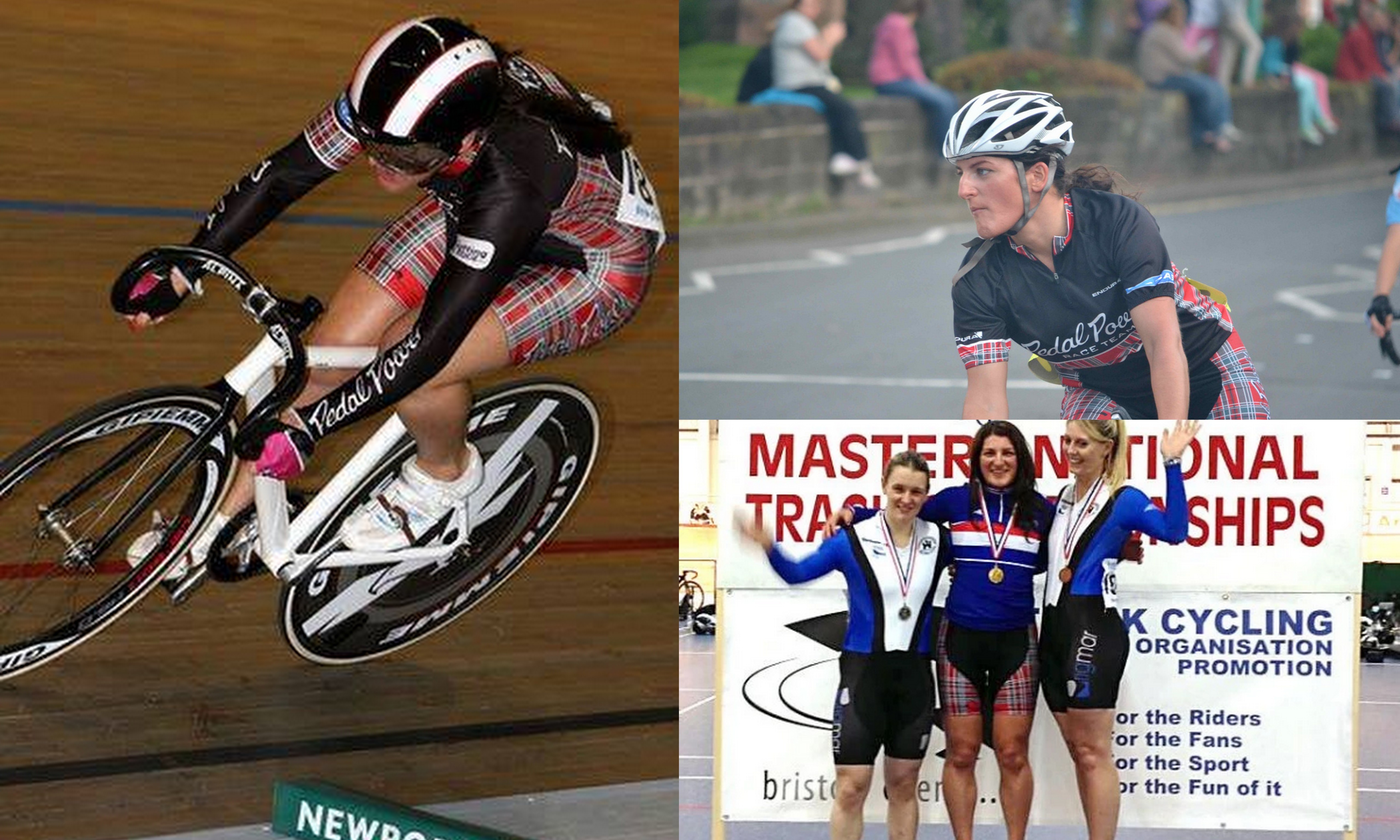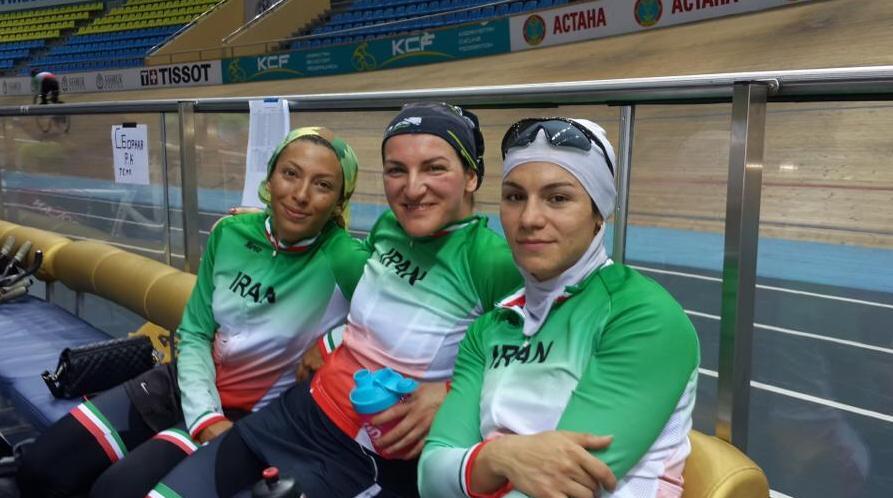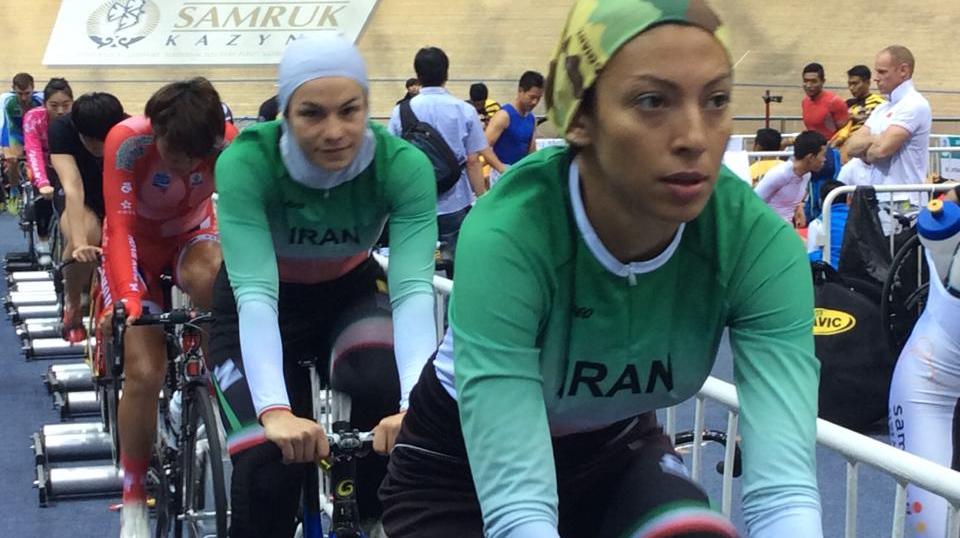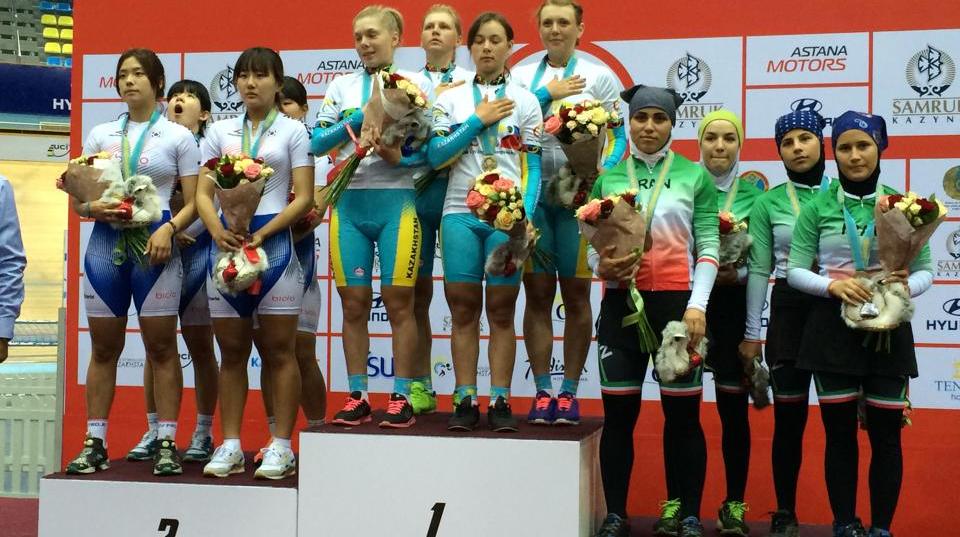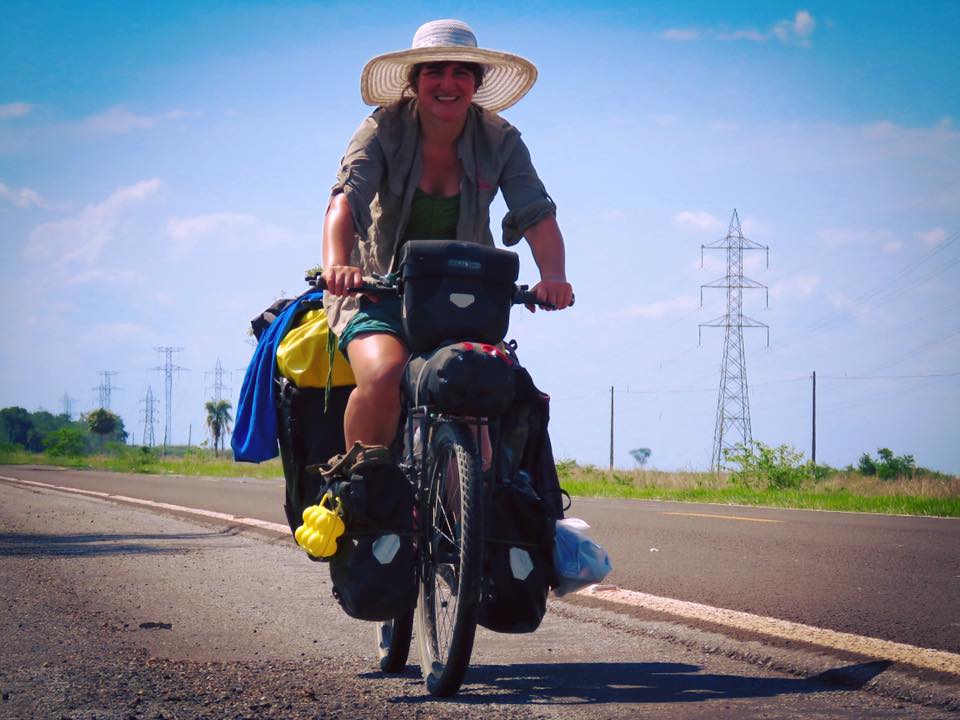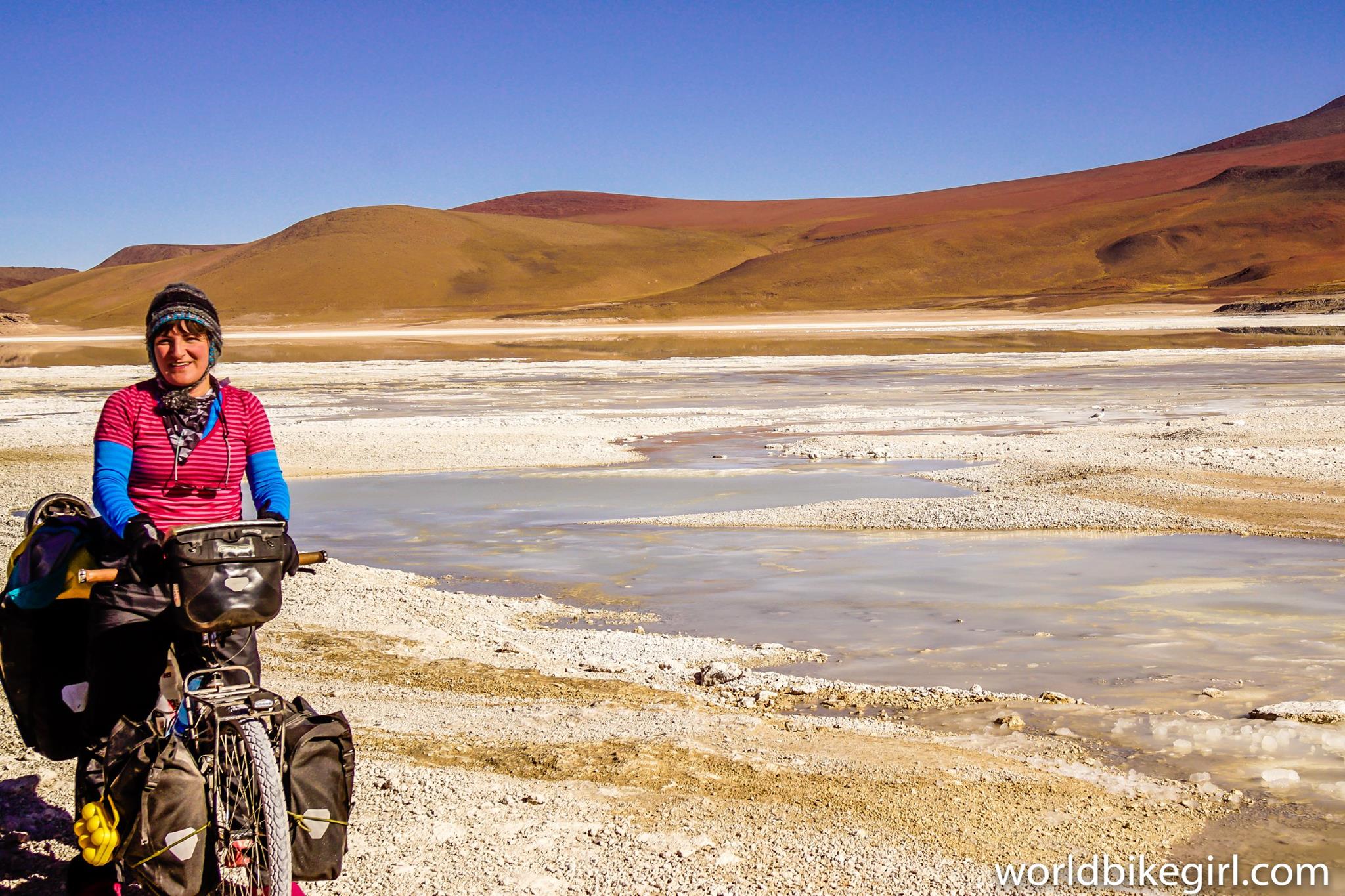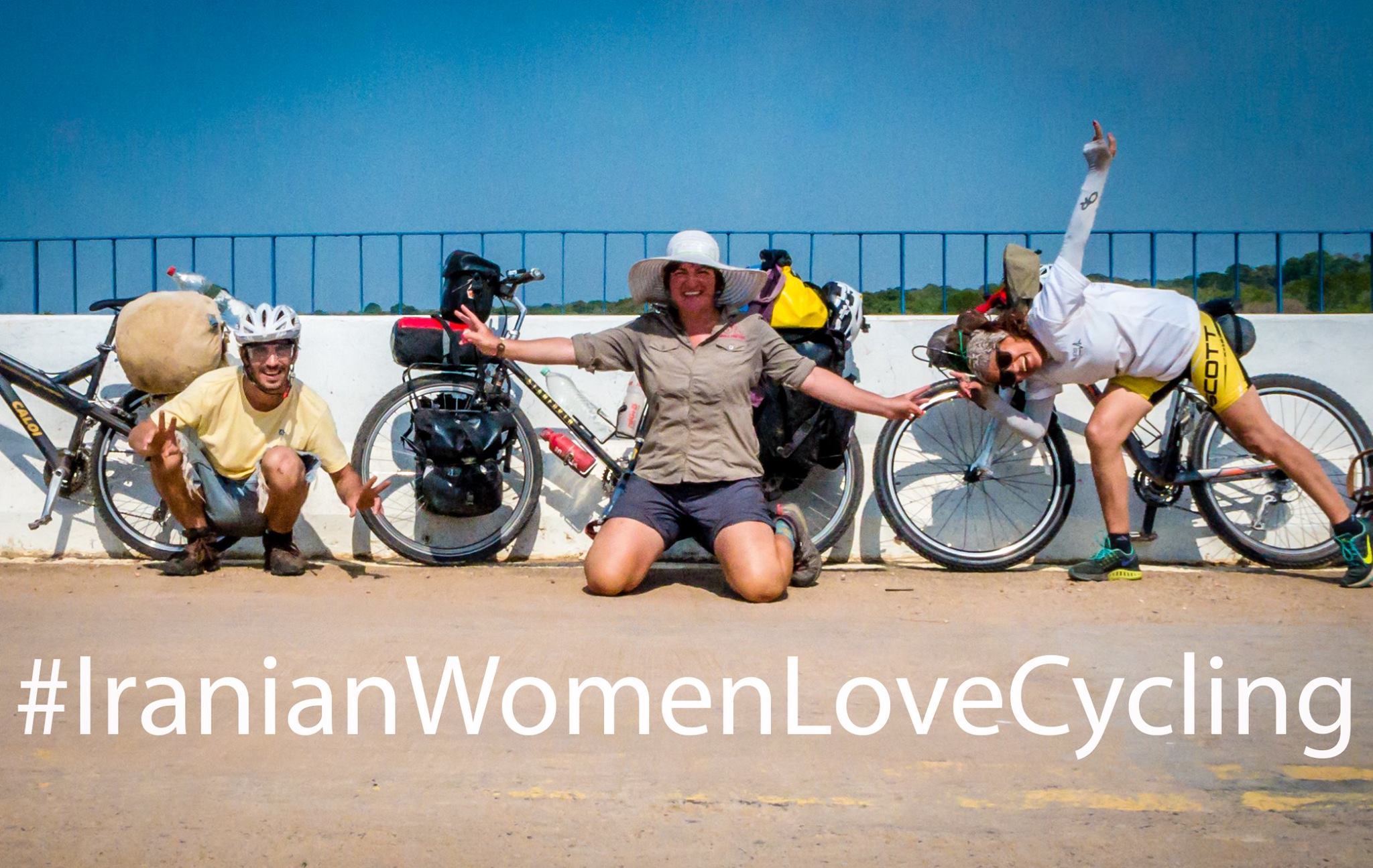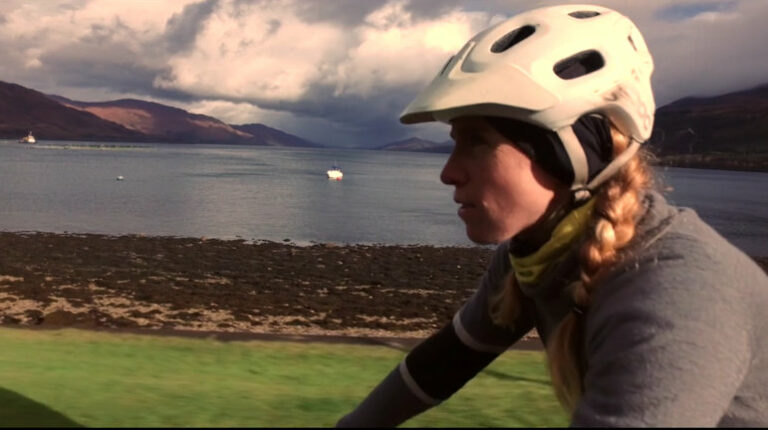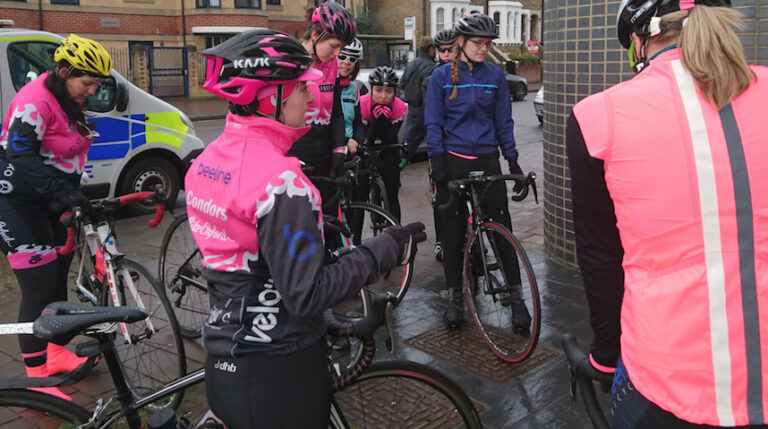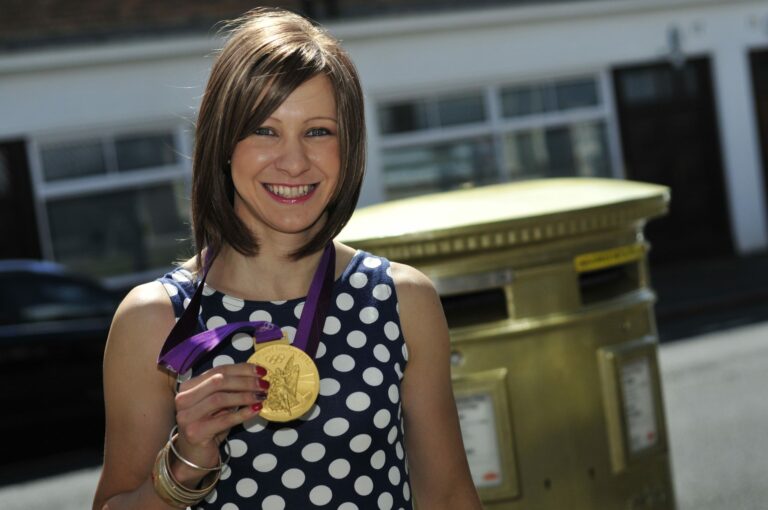I caught up with Ishbel Taromsari at the Rapha café in Spitalfields and within about twenty minutes I was spellbound by her story.
Taromsari has probably experienced more in her thirty-something years than most will in a lifetime. She grew up in poverty, experienced homelessness, before upping sticks to go touring. On her return home, she eventually found herself with a professional contract as a track sprinter, training in Scotland and then Iran. The journey wasn’t smooth, and leaving the Iranian National Team having seen the struggle for gender equality in all its ferocious glory, she went on to begin a cycle around the world that is still going.
In two years, the child of a Scottish mother and Iranian father has pedalled her way through sixteen countries, all under the guise of ‘World Bicycle Girl’. She’s cycling for a myriad of reasons – but top of the list is women’s rights. After a short break she’ll be rolling back to Brazil, but luckily, I was able to intercept her trip along the way in London.
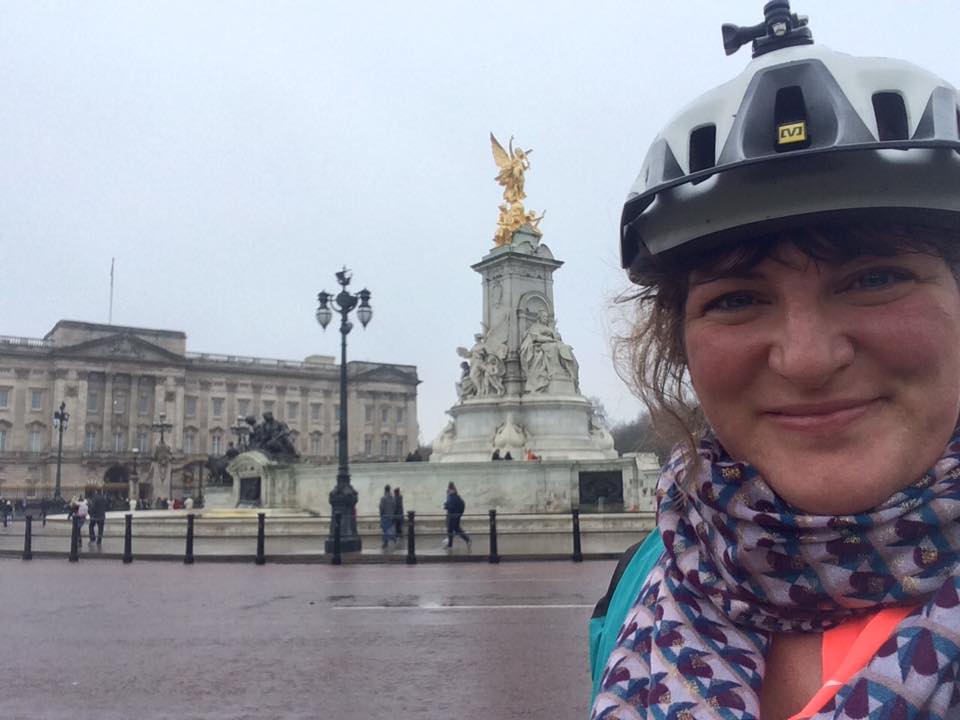
Where did it all begin? Mulling over an Earl Grey tea (a luxury you don’t get when touring) she tells me: “I was first on a bike when I was a year old. My dad’s Iranian, and my mum is Scottish. My dad was a bit of a rebel in Iran and in the end he was sent to Manchester, after the Iranian Revolution money stopped coming and it threw them into extreme poverty. My dad used to use a bicycle as a tool for travel – so as a one-year-old I was sat on the back of a bicycle. My dad would cycle from one end of Manchester to the other to buy a sack of potatoes that were a few pennies cheaper.”
Times weren’t easy, and neither was Taromsari’s early life. Fostercare. Homelessness. In her 20s, she made the decision to up sticks and tour her way through Europe on a bike – she says: “I was a right hippie, I had no intentions of coming back. Then I came back home for a while, when I was about 26. My twin brother was involved in a cycling club and I joined them and did some racing.”
